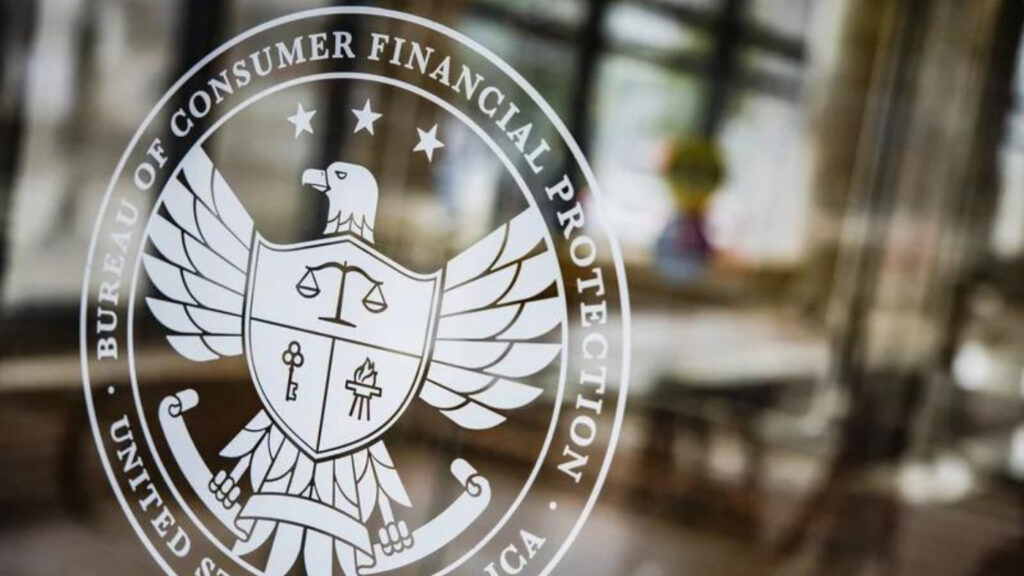The Consumer Financial Protection Bureau (CFPB) has released a comprehensive report detailing a disturbing pattern of misconduct within the auto-finance industry. The report, which sheds light on the widespread practices that have harmed millions of consumers, underscores the urgent need for regulatory oversight and industry reform.
The Scale of Auto Financing & the Significant Issues
According to the CFPB, Americans collectively owe a staggering $1.616 trillion in auto loan debt. This alarming figure highlights the pervasive nature of auto financing in the lives of consumers across the country. The report further reveals that consumers have been subjected to a range of deceptive and harmful practices, including:
- Deceptive Advertising: Consumers have been lured into taking on loans through misleading advertising that misrepresents available terms and conditions.
- Incomplete Disclosures: At the time of loan origination, consumers have often failed to receive accurate and complete information about their loans, leaving them vulnerable to financial harm.
- Misapplied Payments and Inaccurate Reporting: Loan payments have been misapplied, and inaccurate information has been reported to credit reporting agencies, damaging consumers’ credit histories.
- Wrongful Repossessions: Vehicles have been repossessed even when consumers have made timely payments, causing significant financial and emotional distress.
- Extraordinary Interest Rates: Financial institutions have lent money to some consumers at interest rates in excess of 28%.
The Magnitude of Vehicle Repossessions
One of the most egregious issues highlighted in the CFPB report is the excessive rate of vehicle repossessions. The number of repossessions in 2024 is estimated to reach a staggering 1.6 million. This alarming statistic underscores the urgent need for greater scrutiny of the practices employed by lien holders and repossession service companies.
CFPB Findings on Repossession Practices
The CFPB’s investigation uncovered a disturbing pattern of unfair acts and practices related to vehicle repossessions. The report found that repossession services have engaged in tactics that violate consumer protection laws, including:
- Wrongful or Improper Repossessions: Vehicles have been repossessed even when consumers have made timely payments or when there were legitimate disputes over the terms of the loan.
- Excessive Force: Repossession agents have sometimes used excessive force or intimidation tactics to seize vehicles, causing physical and emotional harm to consumers.
- Lack of Notice: Consumers have often been deprived of adequate notice, and in some instances, any notice, before their vehicles were repossessed, leaving them unprepared to protect their interests.
The Consequences of Wrongful Repossessions
The consequences of wrongful repossessions can be devastating for consumers. Being deprived of their vehicles can lead to significant financial hardship, as individuals may be unable to get to work, seek medical care, or meet other essential needs. Additionally, the negative impact on a consumer’s credit history can make it difficult to obtain future loans or secure employment.
Regulatory Implications
The CFPB’s investigation uncovered a disturbing pattern of unfair acts and practices related to vehicle repossessions. The report found that repossession services have engaged in tactics that violate consumer protection laws, including:
- Wrongful or Improper Repossessions: Vehicles have been repossessed even when consumers have made timely payments or when there were legitimate disputes over the terms of the loan.
- Excessive Force: Repossession agents have sometimes used excessive force or intimidation tactics to seize vehicles, causing physical and emotional harm to consumers.
- Lack of Notice: Consumers have often been deprived of adequate notice, and in some instances, any notice, before their vehicles were repossessed, leaving them unprepared to protect their interests.
Conclusion
The CFPB’s report on wrongdoing in the auto-finance market is a wake-up call for consumers, regulators, and industry leaders. The widespread abuses documented in the report highlight the urgent need for systemic change to protect consumers from predatory lending practices and ensure a fair and equitable auto-finance market. By taking decisive action, regulators and industry stakeholders can help to prevent future harm and restore consumer confidence in the auto-finance industry.


Author
Mike Simkus
Attorney/Founder, FS CORPS